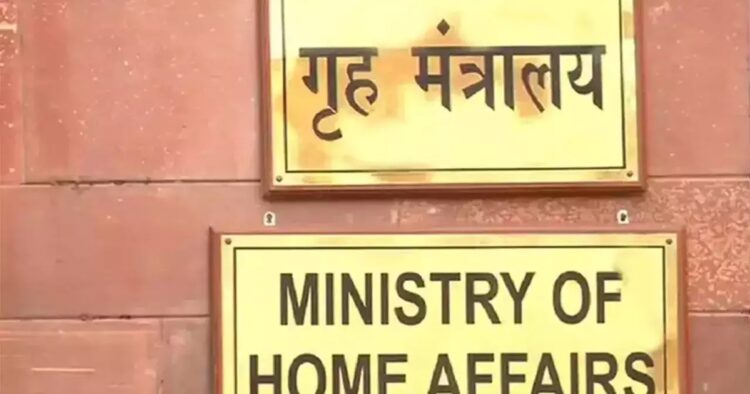In a recent move, the Ministry of Home Affairs (MHA) has issued a directive advising all states and Union Territories (UTs) to put an end to the practice of segregating prisoners and assigning tasks based on their caste. The advisory, circulated on February 26, emphasizes the need to remove discriminatory provisions from prison manuals or legislation and to cease allocating work in prisons based on caste.
The MHA highlighted that such practices contravene the principles enshrined in the Constitution of India, which strictly prohibits discrimination on the basis of religion, race, caste, or place of birth. It was noted that certain jail manuals of states allow for the segregation of prisoners based on caste and religion, which subsequently influences the allocation of duties within prisons.
The advisory reiterated the guidelines laid out in the Model Prison Manual, 2016, which explicitly prohibits caste and religion-based discrimination in prison management, particularly in areas such as the kitchen and food preparation. Additionally, any form of special treatment to a group of prisoners based on caste or religion is strictly prohibited.
Furthermore, the MHA emphasized that no classification of prisoners should be permitted on grounds of socio-economic status, caste, or class. States and UTs were urged to review their prison manuals and acts to identify and eliminate any discriminatory provisions promptly.
In addition to addressing caste-based discrimination, the advisory highlighted the importance of ensuring the medical care and well-being of prisoners. The Model Prison Manual, 2016, provides guidelines for conducting periodic health check-ups of prisoners, including special considerations for aged prisoners, inmates with disabilities, women prisoners, and transgender prisoners.
To streamline the process of medical check-ups, states and UTs were advised to refer to the dedicated chapter on ‘Medical Care’ in the Model Prison Manual, 2016. The advisory stressed the necessity of conducting regular health screenings for infectious diseases and mental well-being, with the data being updated on the e-Prisons portal on a regular basis.
The e-Prisons project, implemented by the MHA, aims to automate prison operations and digitize prisoner records for efficient management. State and UT prison authorities were urged to ensure the timely updating of prisoner databases on the e-Prisons platform, with complete and accurate information.
By issuing this advisory, the MHA underscores its commitment to upholding constitutional principles and ensuring fair and humane treatment of prisoners across the country. It is expected that states and UTs will heed this directive and take necessary steps to eliminate caste-based discrimination and improve the overall welfare of prisoners in their jurisdictions.

















Comments